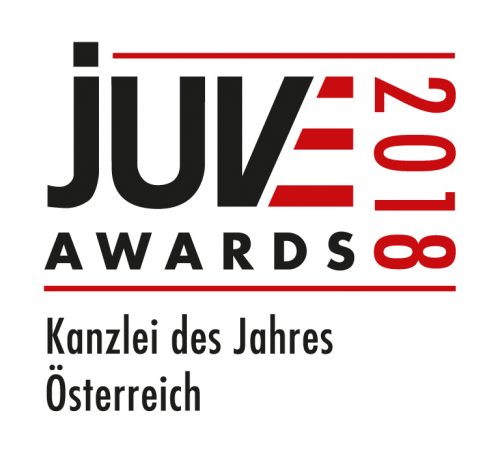Whistleblowing reporting systems
We help with implementation and processing!
Recently, comprehensive legislation has been introduced to review foreign investments that may pose a threat to security or public order. Below you will find an overview of the most important aspects of the new law:
The European Union’s Foreign Direct Investments Regulation (452/2019) has been in force since April 2019 and will be fully applicable from October 11, 2020. It provides for the EU-wide exchange of information and cooperation between the member states concerning the review of foreign direct investments. This regulation does not affect the right of the member states to review the content of foreign direct investments. Against this background, the Austrian legislator has decided to comprehensively reorganize the control of foreign direct investments. The regulations are compiled in the Investment Control Act [German] (InvKG, BGBl I 87/2020). The relevant provisions of the Foreign Trade Act (AußWG 2011, BGBl I 26/2011 idF BGBl I 87/2020) have also been changed.
At the center of the InvKG is Section 2: According to this, a foreign (i.e. third-country) direct investment (i.e. indirect or direct acquisition of a company within the meaning of the Uniform Commercial Code (UGB) with its place of business / headquarters in Austria) requires approval from the Federal Minister for Digital and Economic Affairs in any of these cases:
the target company is active in one of the sensitive areas mentioned in the annex (defense, critical infrastructures, etc.) and
Union and international law regulations do not preclude an authorization requirement and
a) through the acquisition of voting rights, a minimum share of 10% to 50% of the voting rights (depending on sensitivity) is exceeded,
b) a controlling influence is obtained regardless of specific voting rights or
c) a controlling influence on these parts of the company is acquired through the acquisition of significant assets.
In these cases, there exists an obligation to notify the Federal Minister of the transaction and to submit an authorization request.
The ensuing examination procedure focuses on the endangerment of public safety and order. With regard to the interpretation of these terms, the legislator refers to the relevant case law of the ECJ or to the recently published guidelines of the European Commission. The mere threat to competition or the economy is therefore not a sufficient reason to refuse an investment. The commission emphasizes – obviously motivated by the Corona crisis – among other things the importance of the supply of medicines and medical protective equipment. A risk can also arise from the fact that a person has already been involved in criminal activities in the past or is controlled by the government of a third country.
The examination procedure is divided into two phases: One month after the notification of the transaction process, the Federal Minister decides whether to initiate the examination procedure and informs the company concerned. If an in-depth examination is carried out (second phase), this must also be communicated to the company. The Federal Minister has to reach a decision within two months.
Moreover, a committee for investment control is set up to support the Federal Minister. This committee is made up of representatives from the federal and state governments.
It is forbidden to carry out the investment before the approval has been granted (“prohibition of execution”). In the event of a premature implementation, the transmission of incorrect information or the violation of a decision, there is a risk of imprisonment.
Overall, the InvKG raises various practical issues:
Our experts from the competition law and public economic law department will be happy to answer any further questions you may have on this topic.
This article provides only general information and does not replace legal advice. Haslinger / Nagele Rechtsanwälte GmbH assumes no liability for the content and correctness of this contribution.
1. September 2020






